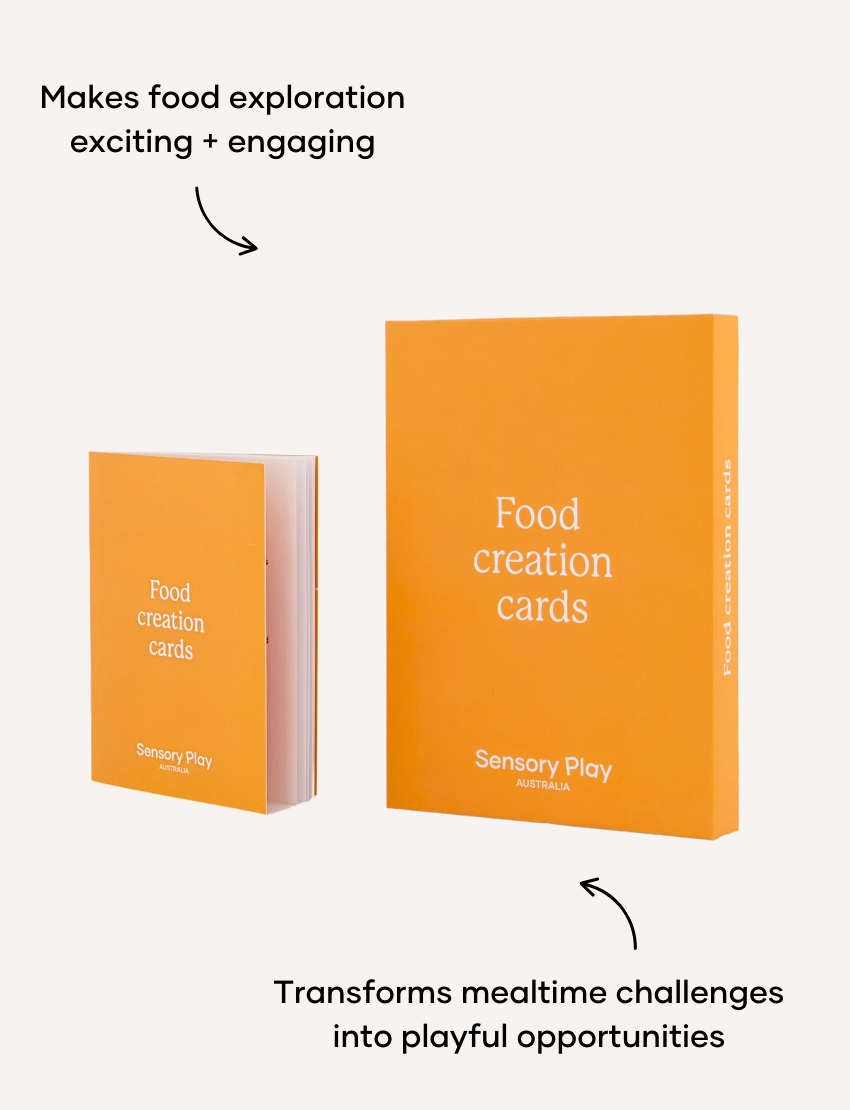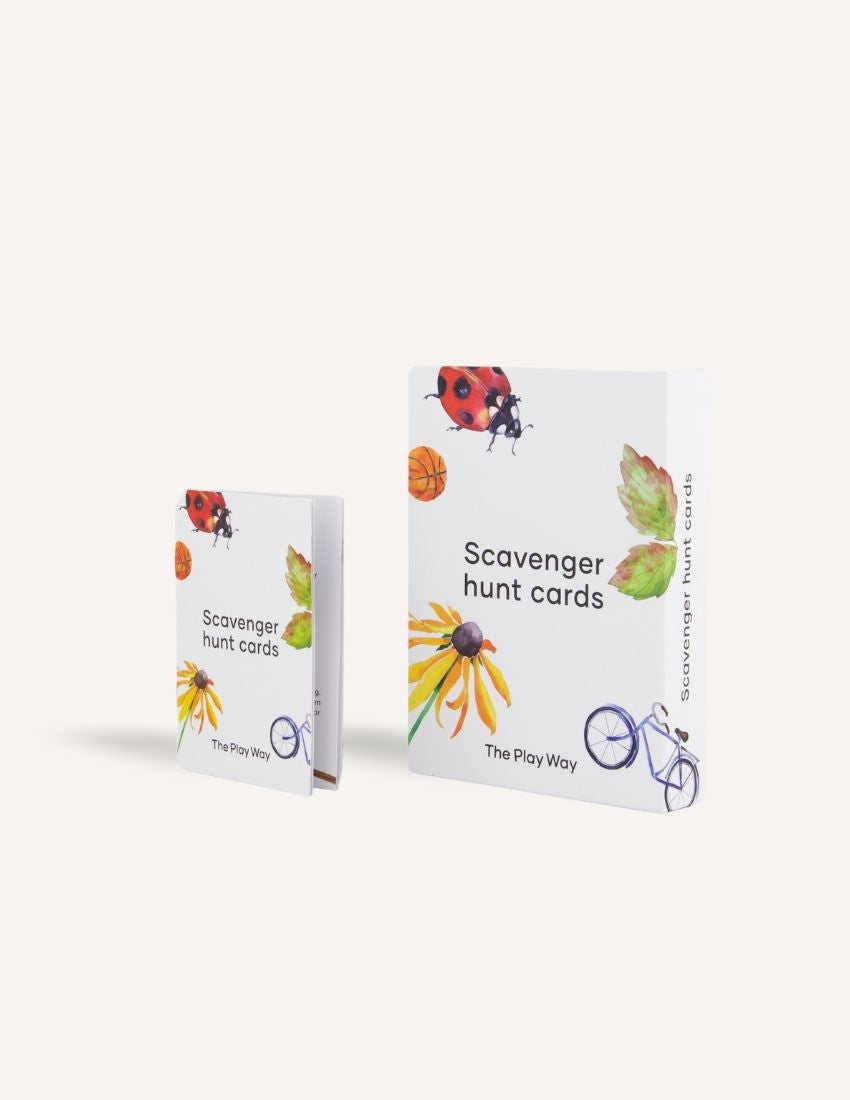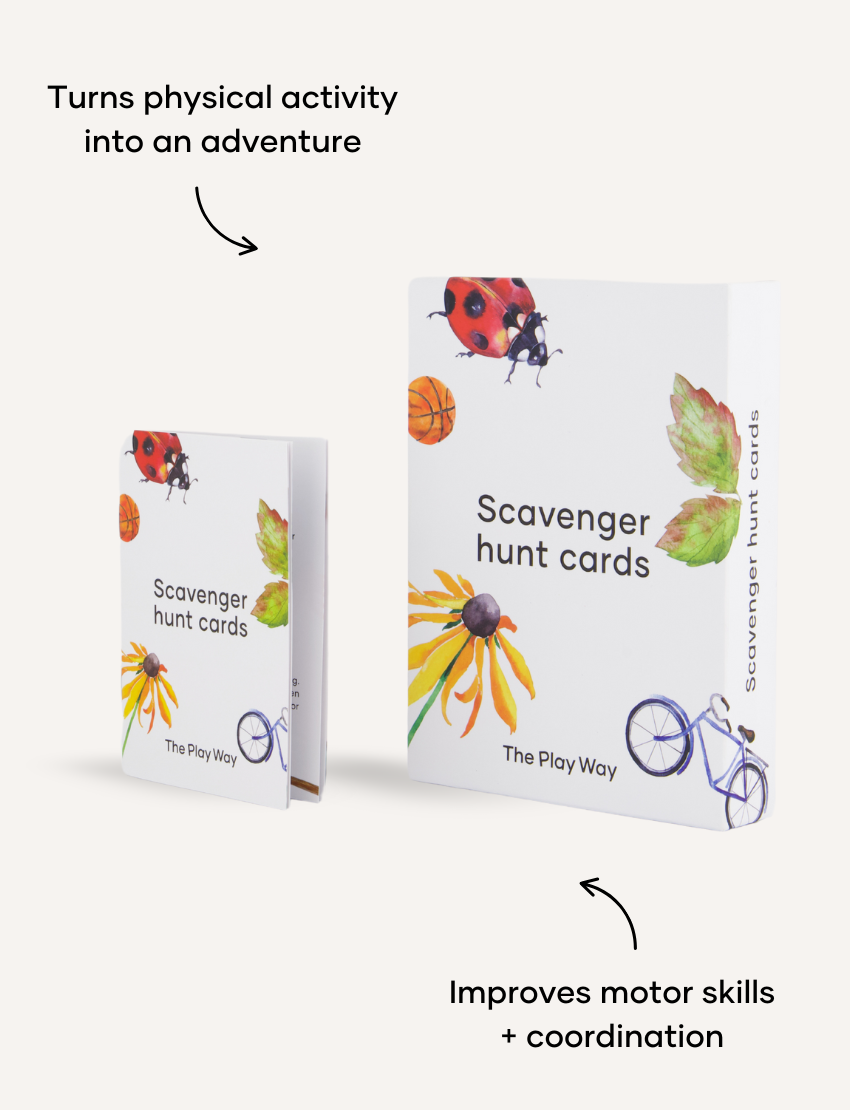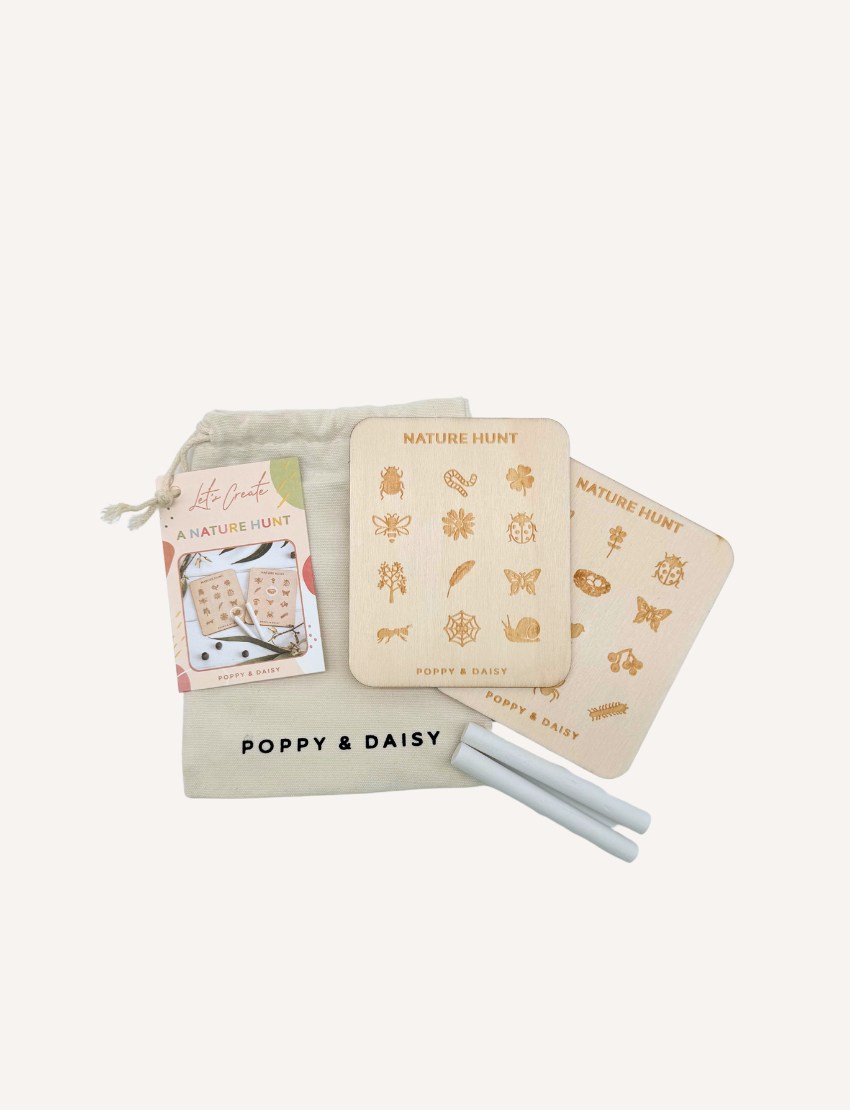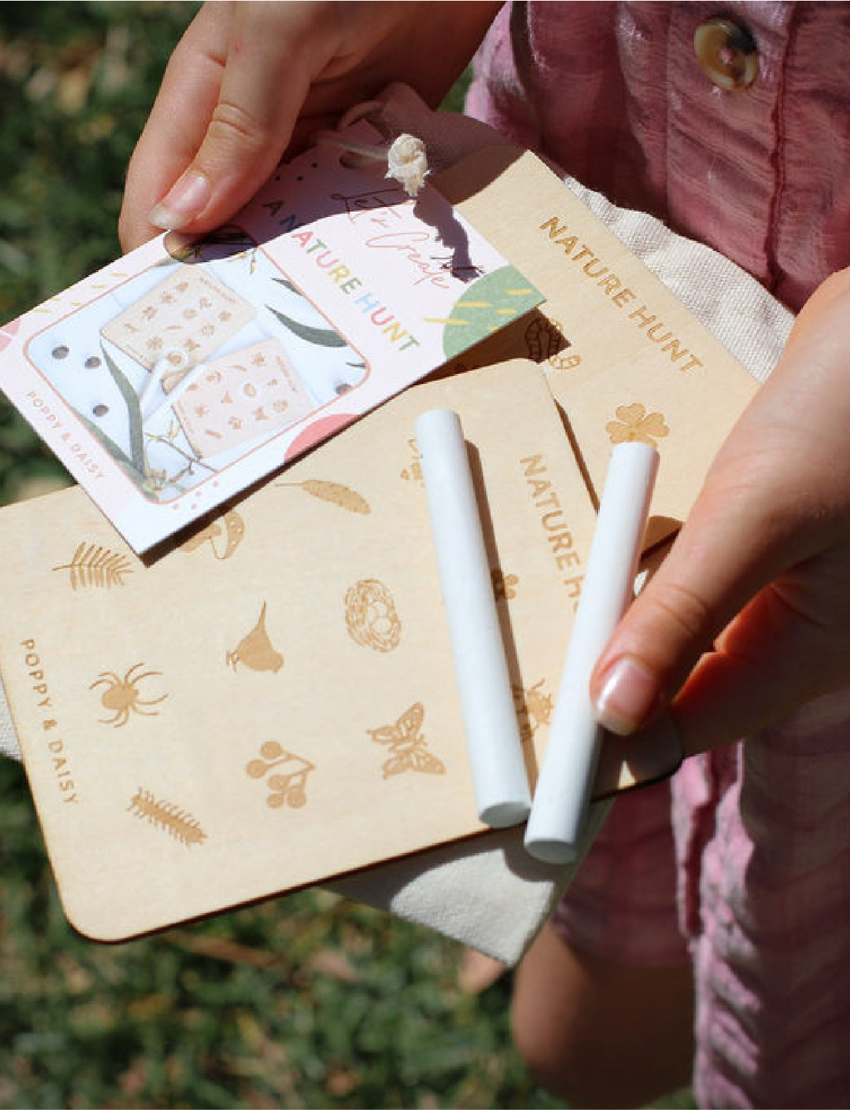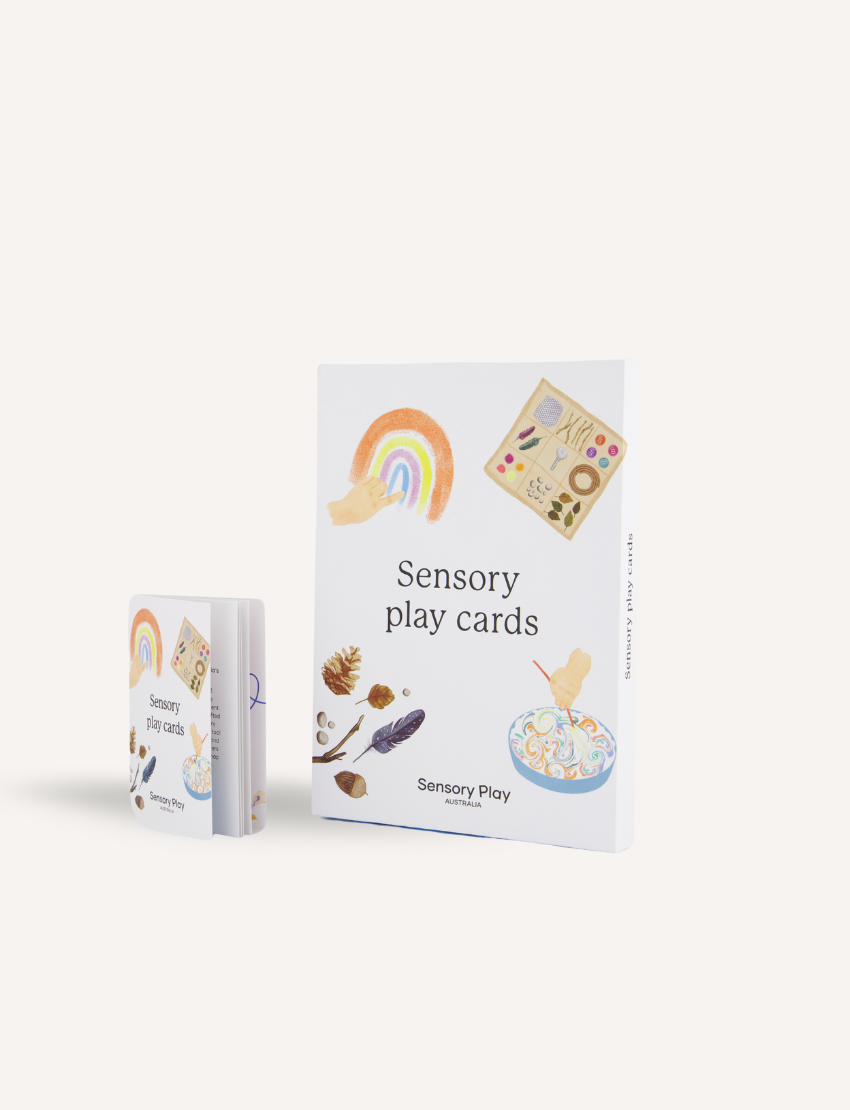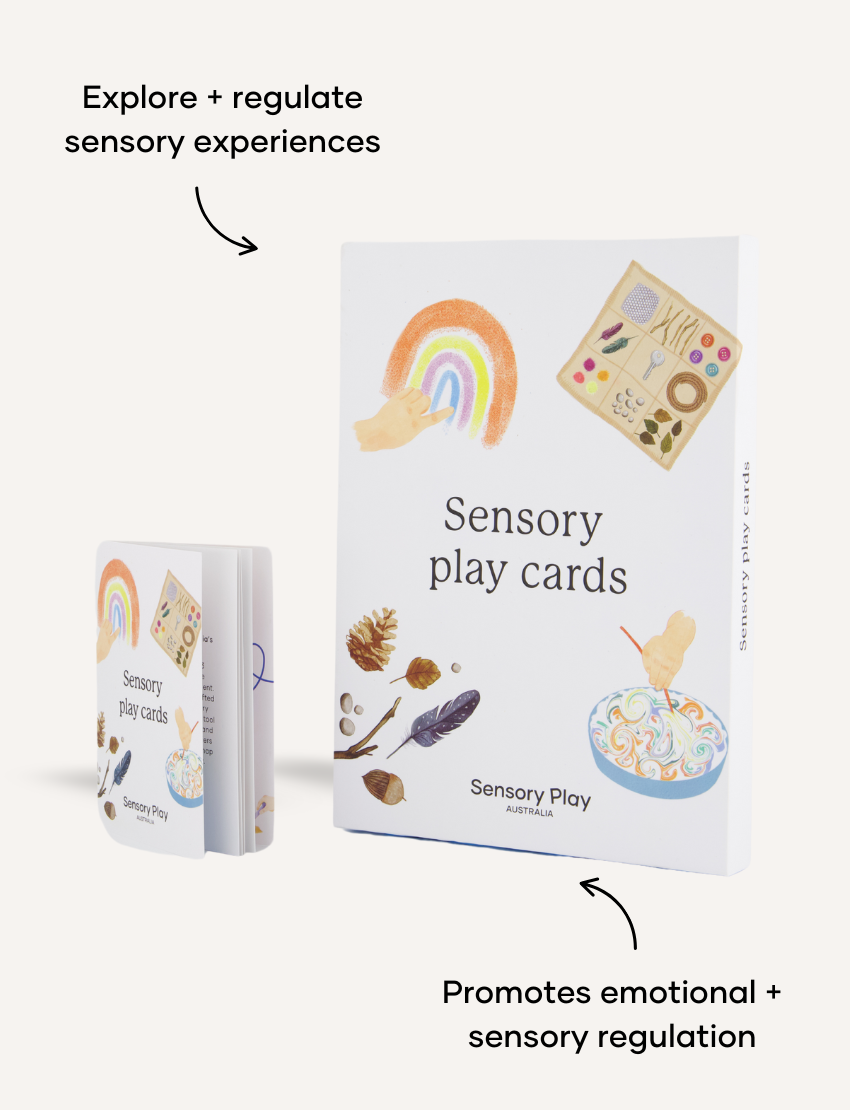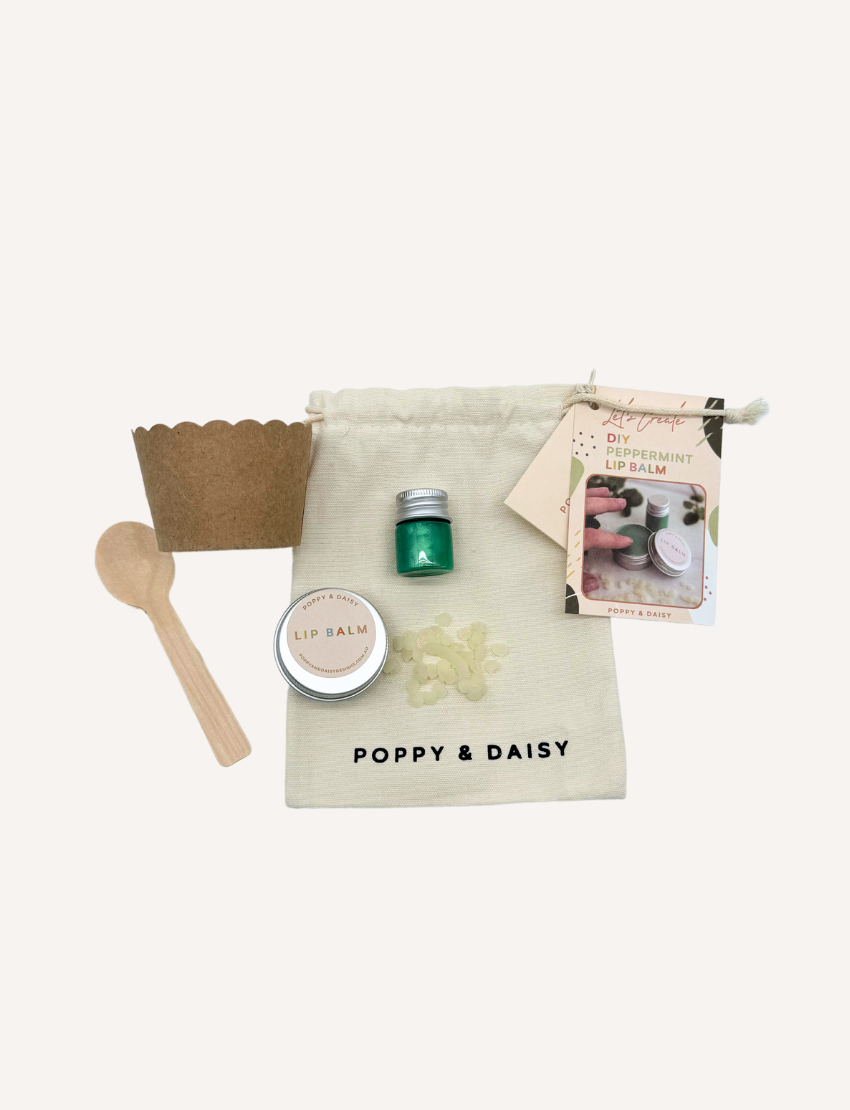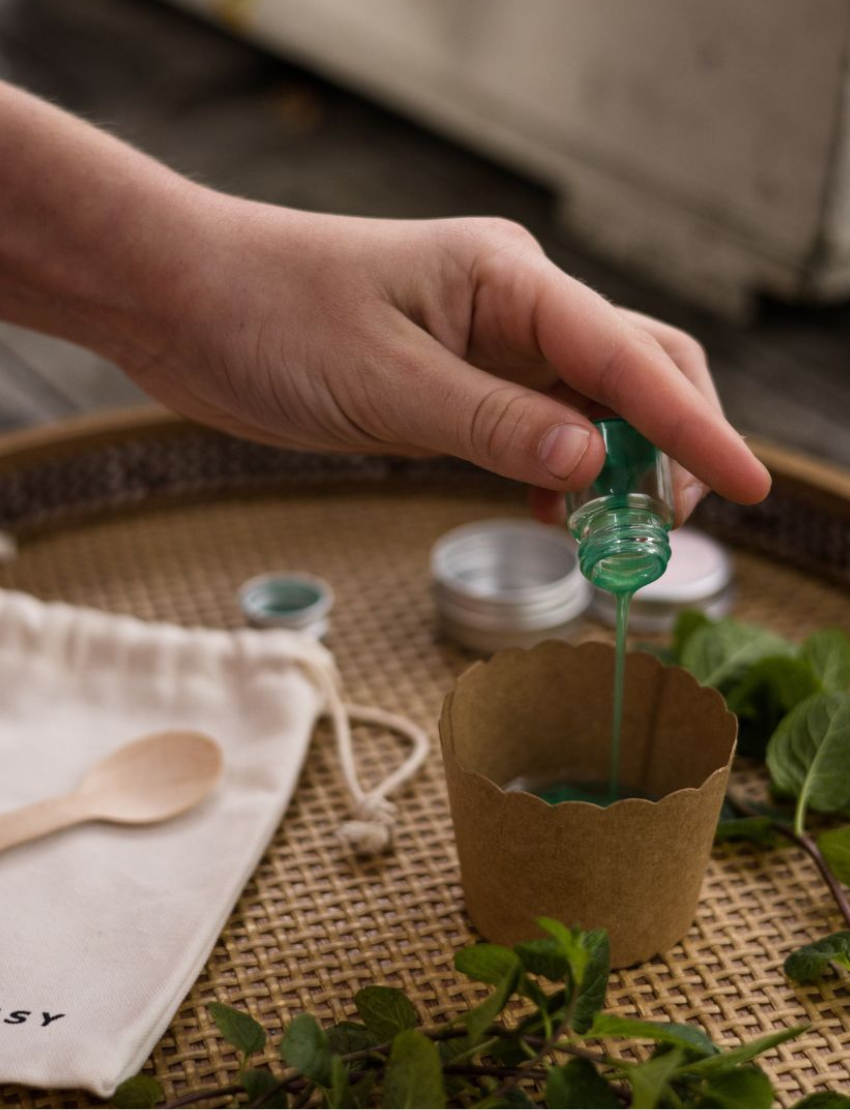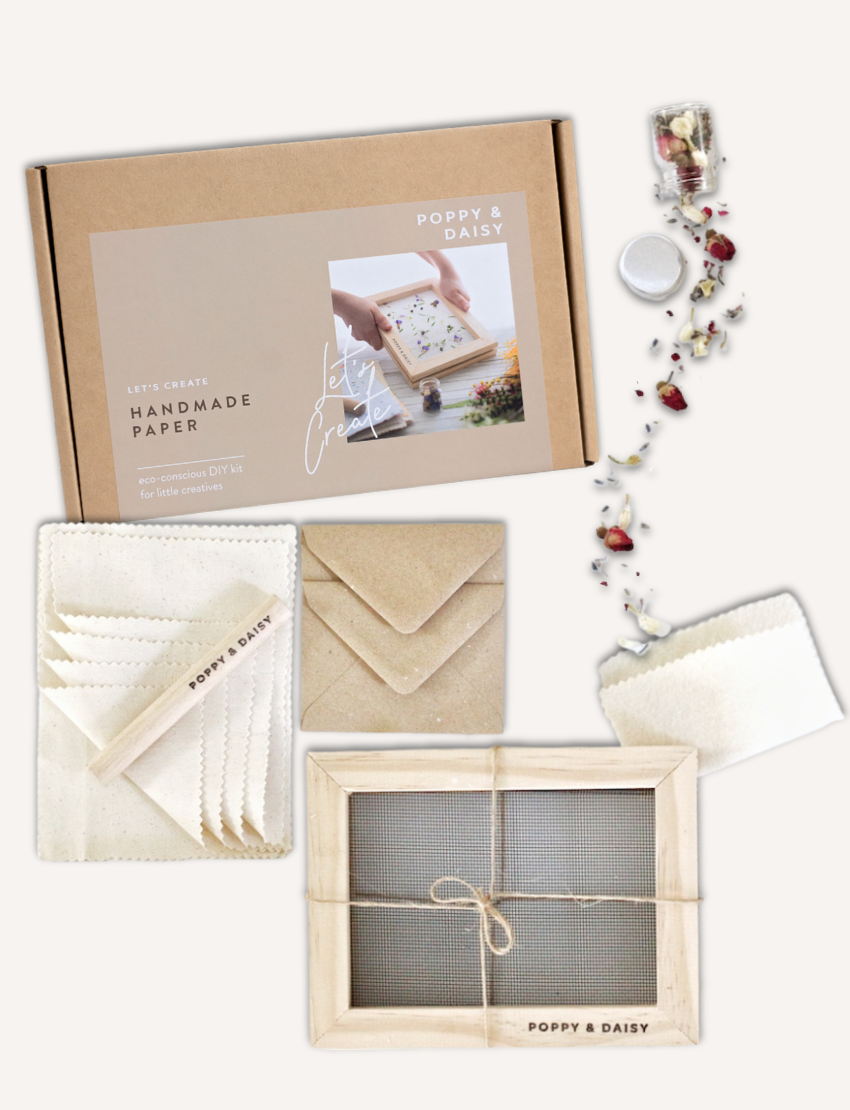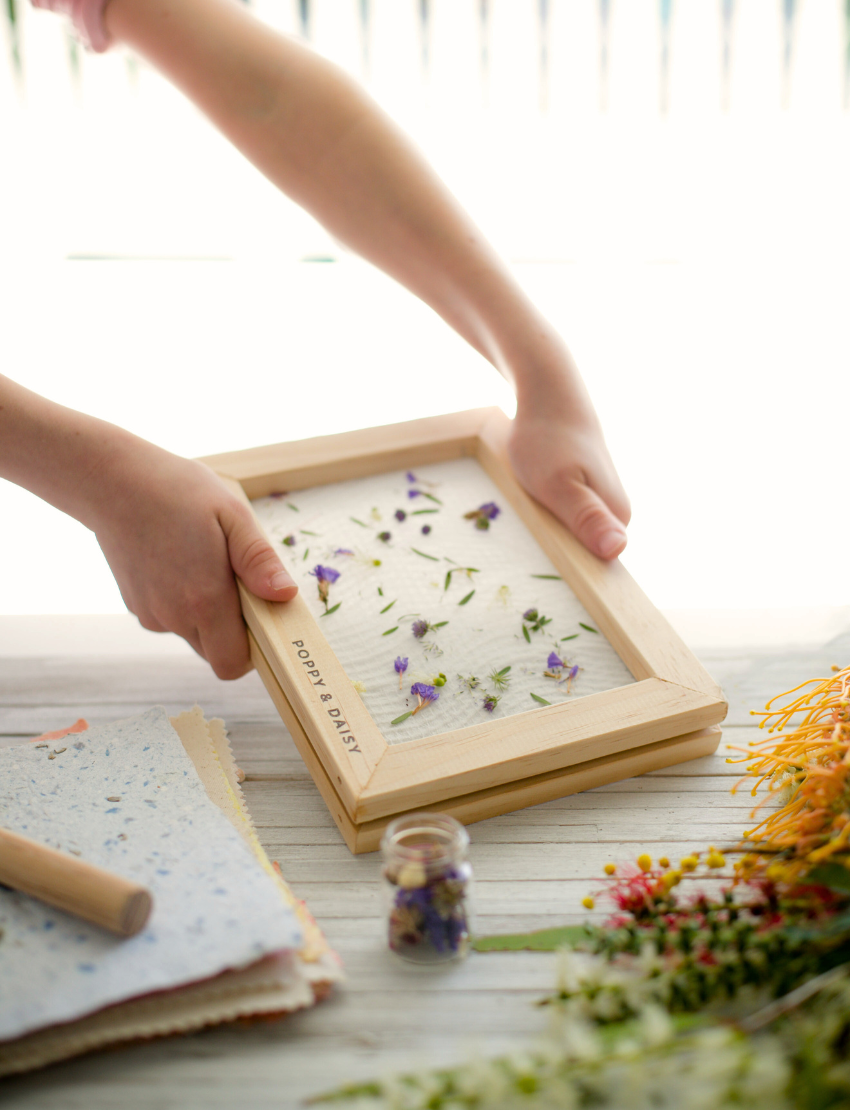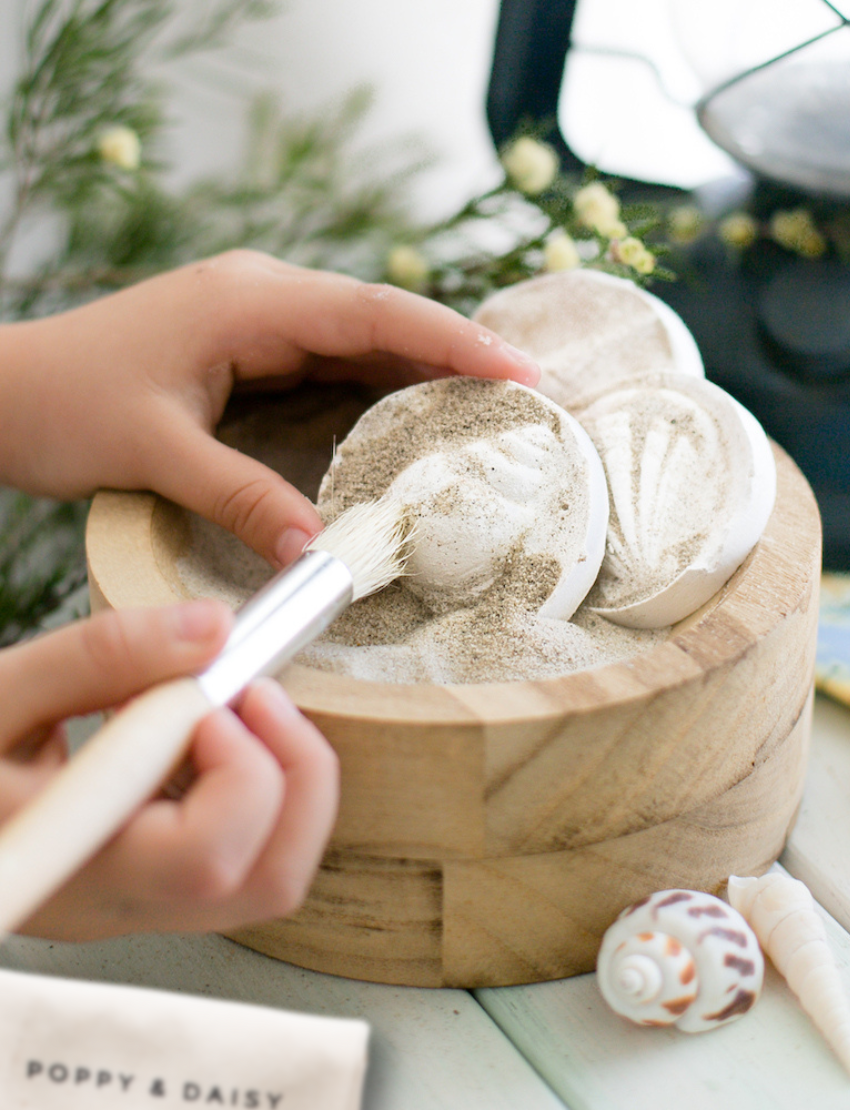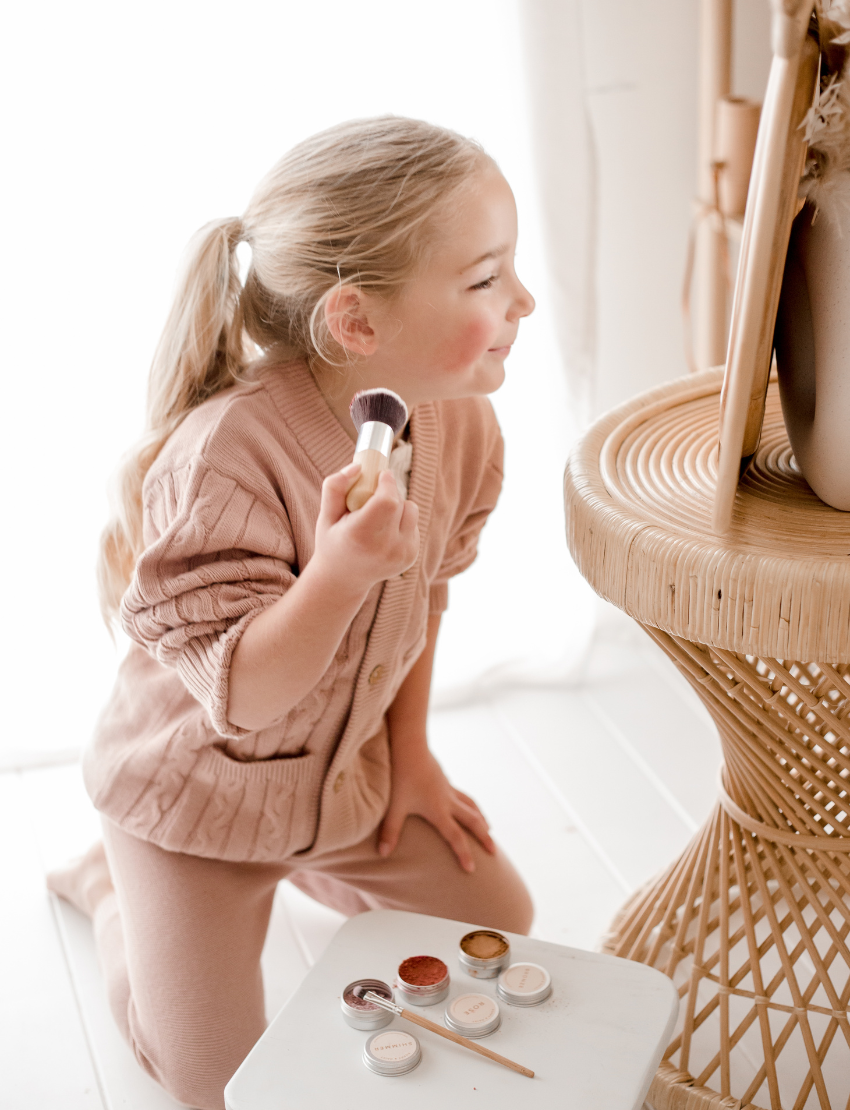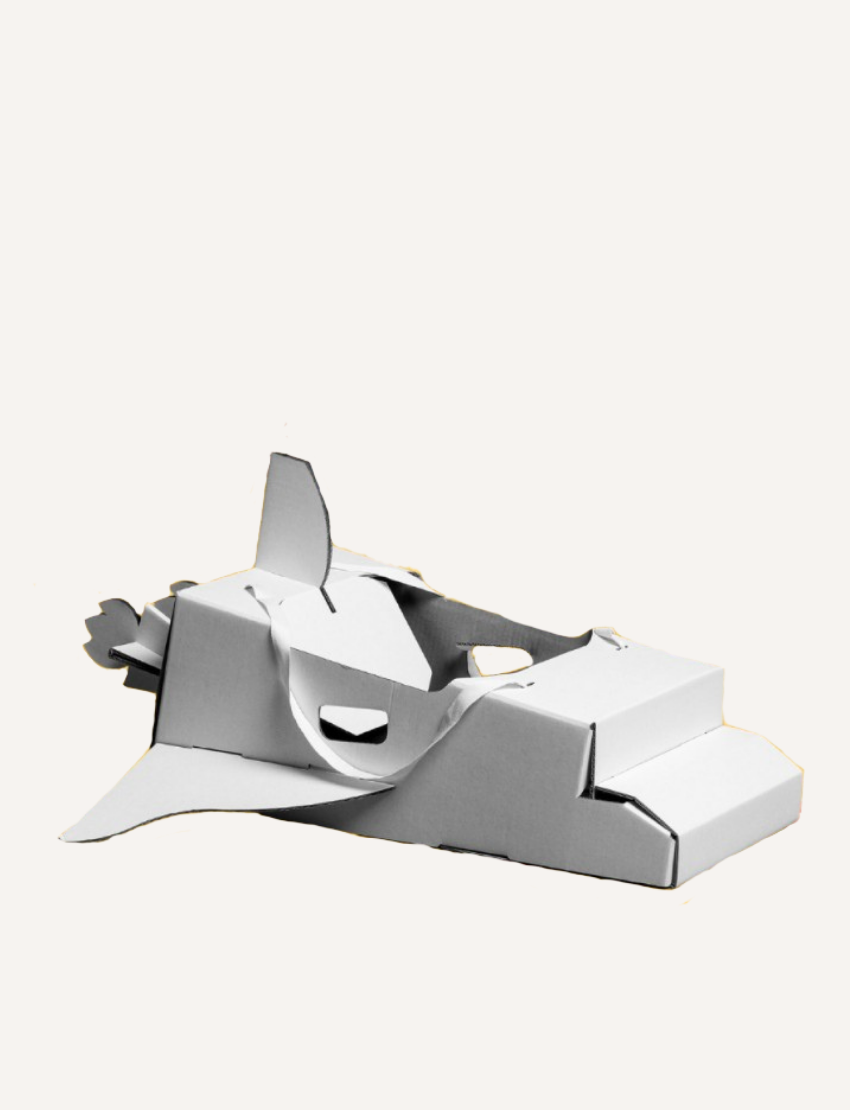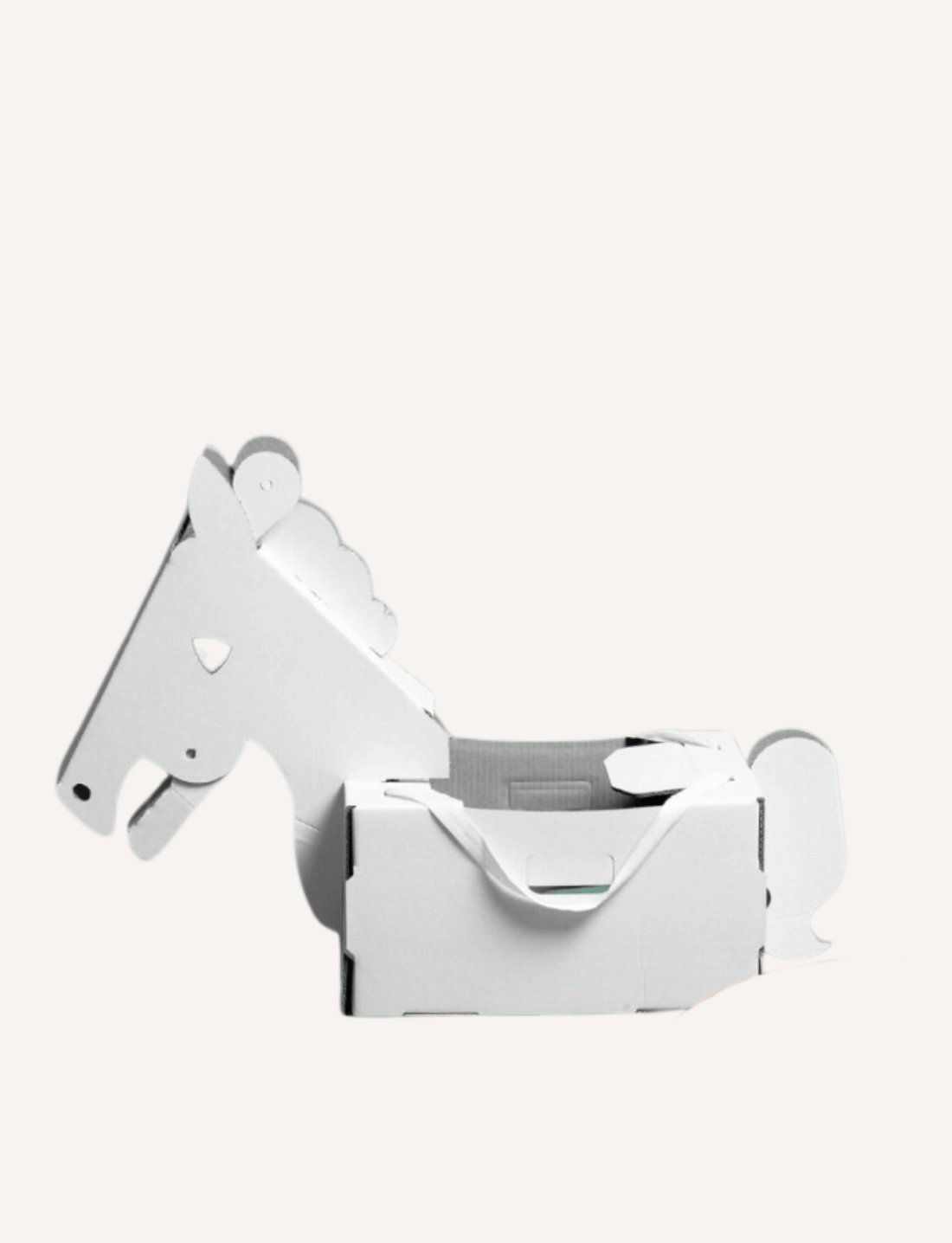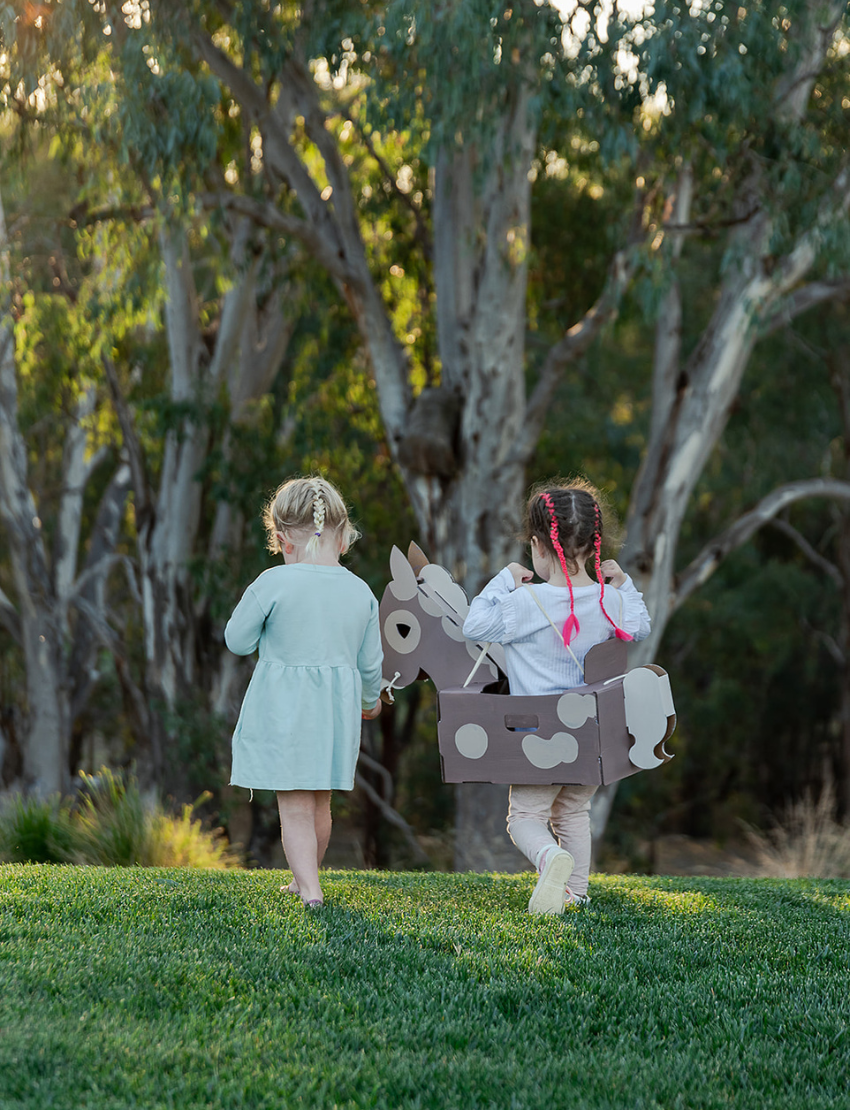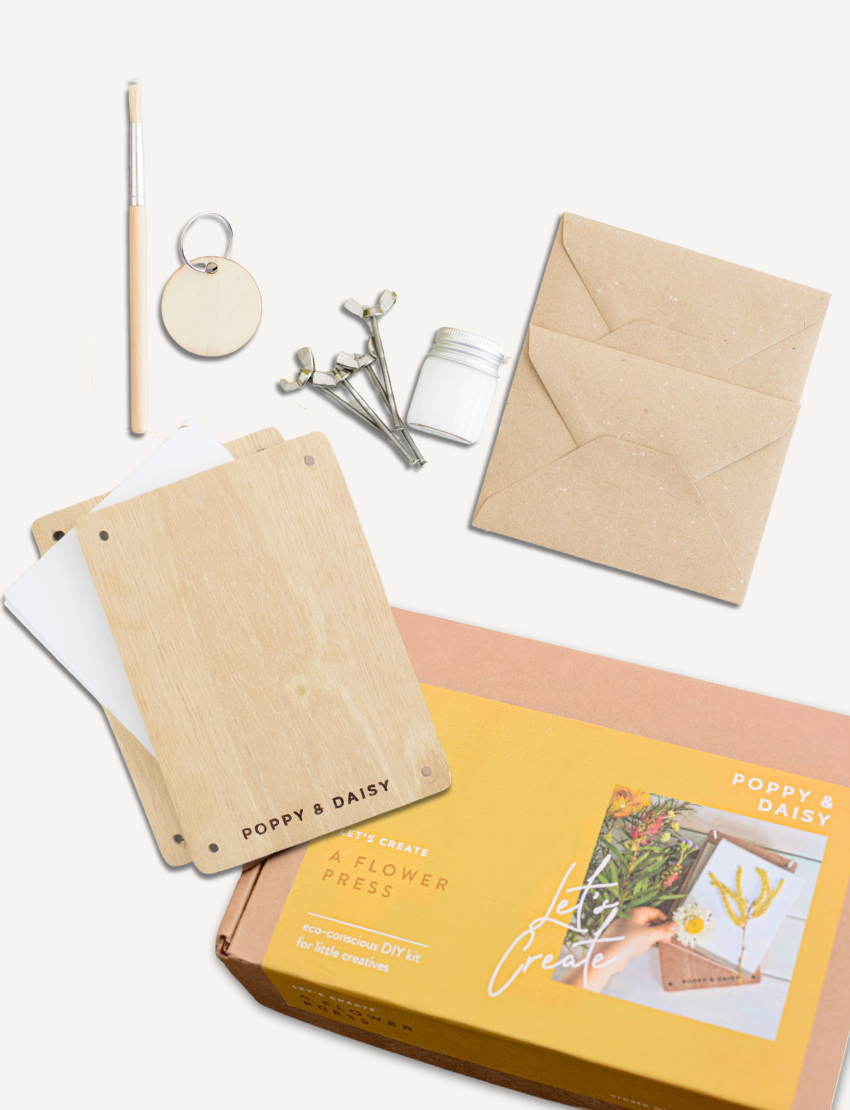Curious play invites children to explore the world around them by asking questions, experimenting, and discovering answers through hands-on experiences. Curious play isn’t just about having fun; it helps children build essential skills that support learning and personal growth. Here's how it supports your child’s development.
Cognitive Benefits
Curiosity-driven play fosters problem-solving and critical thinking, encouraging children to analyse, experiment, and make sense of their surroundings. Engaging in exploration strengthens memory, as children learn and recall information through direct experience.
Social & Emotional Benefits
Facing challenges through exploration teaches resilience, helping children bounce back from setbacks and uncertainties. Curious play encourages communication skills, as children express observations, ask questions, and share discoveries. Group exploration activities promote teamwork, teaching children to collaborate and share ideas. Investigative play nurtures self-regulation, as children learn to manage impulses and control behaviour during focused tasks.
Educational Benefits
Curiosity lays the foundation for a love of learning, keeping children motivated and engaged. Exploring new environments and materials broadens a child’s view of the world, encouraging cultural awareness and understanding.
Ways to Encourage Curious Play
Here are some playful and easy activities to spark curiosity in your child's daily life:
1. Sink or Float Experiment
Collect various household items and have your child predict whether they will sink or float. Then test each one in a tub or bucket of water. It’s perfect for critical thinking and cause-effect learning.
2. Bubble Experiments
Explore how bubbles work using different bubble solutions and wands. Experiment with size, shape, and how bubbles react in different weather conditions.
3. Colour Mixing Art
Let your child play with primary colour paints to discover how new colours are formed. This hands-on science-art activity is both fun and educational.
4. Shadow Play
Shine a flashlight on objects to cast shadows on a wall. Your child can experiment with distance, angles, and shapes to learn how light and space interact.
5. Mystery Box
Hide familiar items inside a box and ask your child to guess what they are by touch alone. This sensory activity builds descriptive language and reasoning skills.
6. Exploration Bingo
Create a bingo card with items to find on a nature walk like a bird, flower, or textured leaf. It turns everyday walks into exciting scavenger hunts.
7. Weather Chart
Make a simple daily weather chart using symbols for sunny, cloudy, rainy, or windy. Let your child observe and record the weather for a week to spark interest in science and patterns.
Curious play helps children explore the world with open minds and eager hearts. By encouraging hands-on discovery and thoughtful questions, you’re giving your child a powerful start to lifelong learning.



